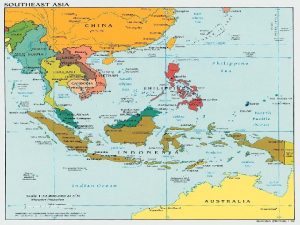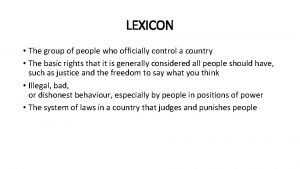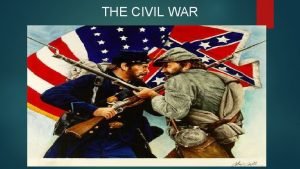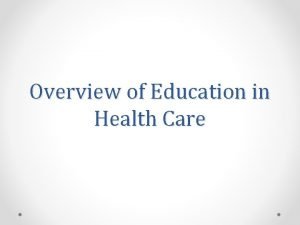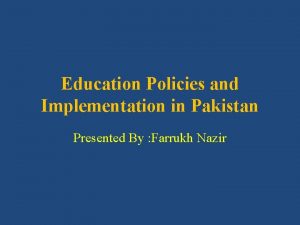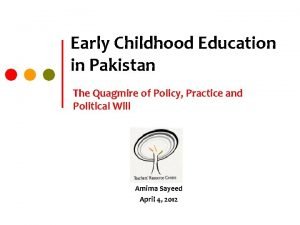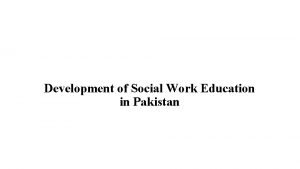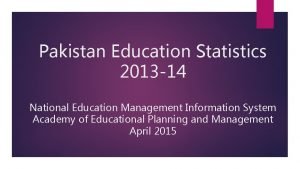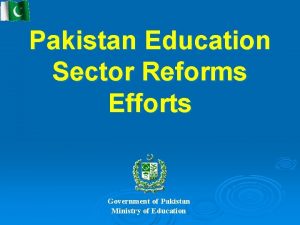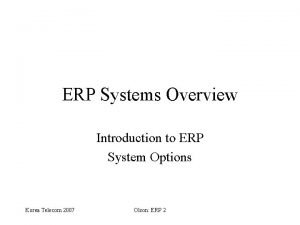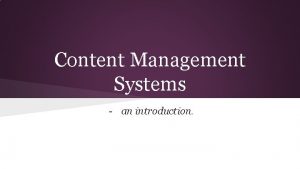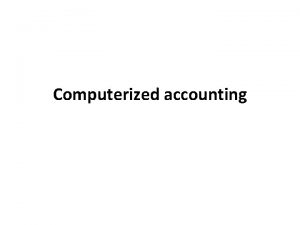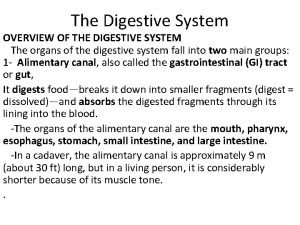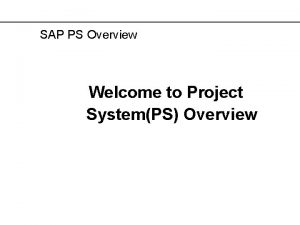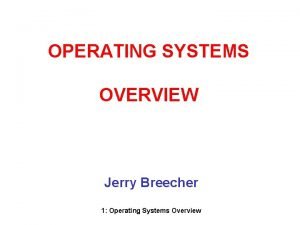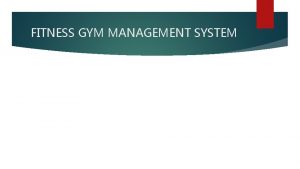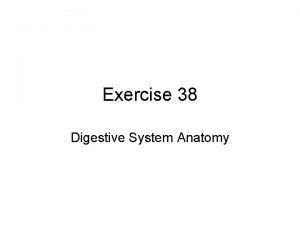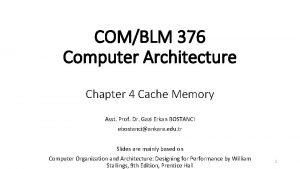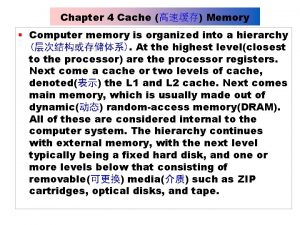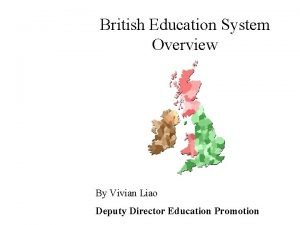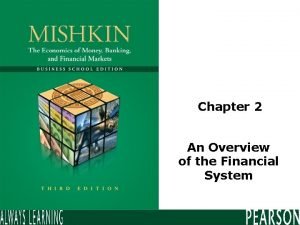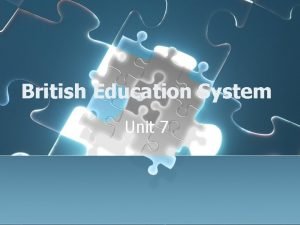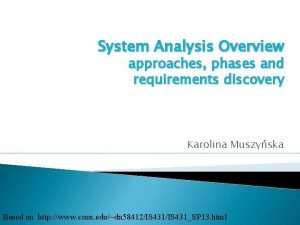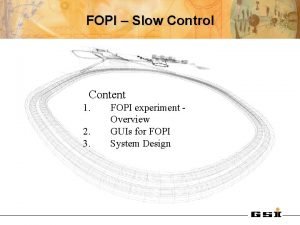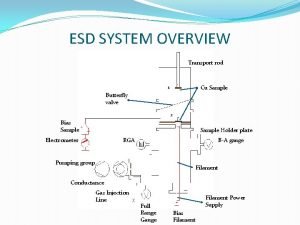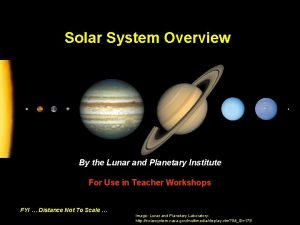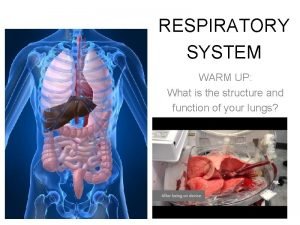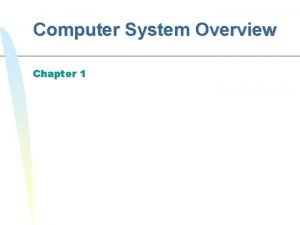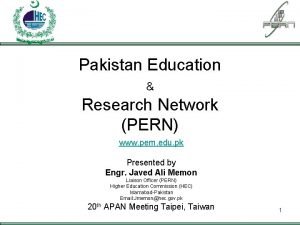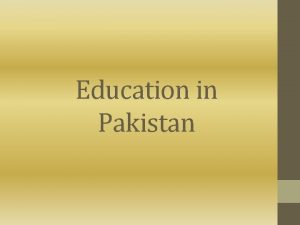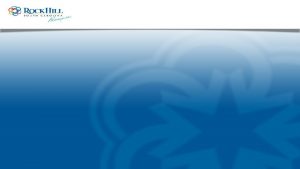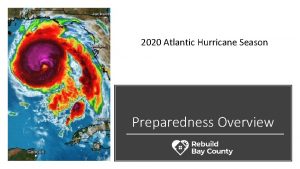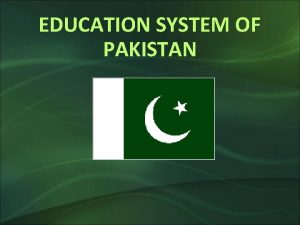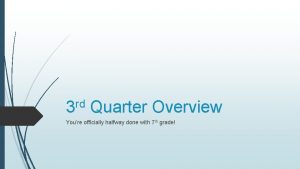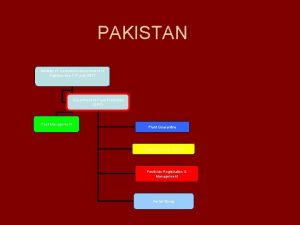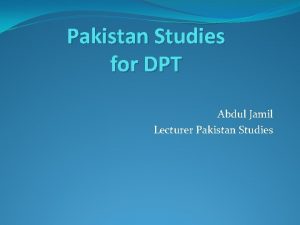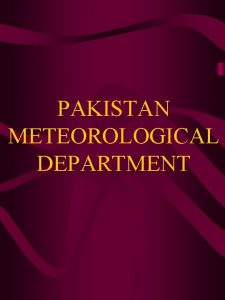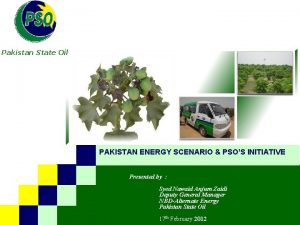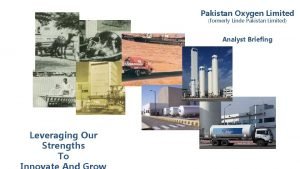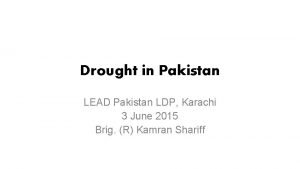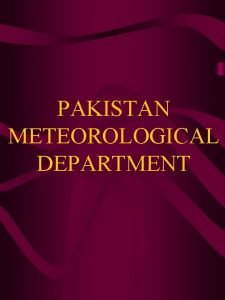Education system of Pakistan overview Pakistan officially the




































- Slides: 36

Education system of Pakistan

overview • Pakistan, officially the Islamic republic of Pakistan, is a country in South Asia. • It is the world’s sixth-most populous country with a population of more than 212 million people. • It is the 36 th-largest country in the world in terms of area, covering 796. 096 sq km (307. 374 sq mi. ).

Introduction • Education in Pakistan is overseen by Ministry of education of government of Pakistan. • The academic institution are the responsibility of provisional government. • Federal government is responsible for curriculum development , and finance research.

Literacy Rate • Literacy rate ranges from 96% in Islamabad to 28% in kohlu district. • 9 Crore Pakistanis (49% population) have command over in English. • Pakistan produces 445, 000 university and 10, 000 computer science graduates.

Literacy rate in Pakistan Definition: It means the percentage of people who are able to read and write. Pakistan = 55% Province Literacy Rate PUNJAB Sindh KPK Balochistan 60. 2% 57. 7% 49. 9% 48. 8%


• Survey, 2019 -2018, the literacy rate for entire Pakistan, includes ten years old and above is 58 percent.

Drop-out rate • Pakistan has one of the highest drop-out rates in the world, at 41% for primary schooling. • In Pakistan, in total, 73% of children aged 5– 16 (classes 1 to 10) drop out before reaching the final grade of secondary school • 25 Million children in Pakistan are out of school. • 76% Pakistan youth drop out of education

EDUCATION POLICY • Universal and free primary and secondary education. • Sector planning • Encourage private sector • Introduction of early childhood education (3 -5 years) • Improved school environment • Enhance qualifications for employment as teachers • Improved examination system


Elementary education Secondary education Higher education

Elementary education • Elementary schools: cover grades I through 5, and the age of the children are usually 6 -11 years. • Elementary schools will teach basic reading , writing , arithmetic, and history. • A school for the first four to eight years of a child’s formal education, often including kindergarten. • Fee and compulsory elementary education. • Education in Pakistan enrolls 16. 894 million students out of which 11. 664 million 69% are in public sector and 21% in private sector.

Secondary Education: • Secondary education is for children aged 12 to 18. • Secondary education, commonly known as high school, typically includes grades 9 -12. • Secondary education student learn about general subjects, such as English, math and science , and complete elective course. • It is given in government school as well as a private schools. • secondary schools typically follow on from primary schools and prepare for vocational or tertiary education.

Higher education of Pakistan Graduate study • Professional 4 years • Medicine 5 years • Commerce 3 years Masters degree 1 -2 years Doctorate degree takes four years to complete, postbachelor’s degree Undergraduate or post graduate study Bachelor's degree • Consist of four years • Bachelor of science in mechanical , engineering Associate's degree • Typically a 2 year degree

Examination system of pakistan

Grading system of intermediate Grades Percentage of Marks GRADES / DIVISION FORMULA) A+ 80 % or above marks 880 or above marks Outstanding of Marks A 70% to 79. 99% marks 770 to 879 Excellent B 60% to 69. 99% marks 660 to 769 Very good C 50% to 59. 99% marks 550 to 659 Good D 40% to 49. 99% marks 440 to 549 Fair E 33% to 39. 99% marks 439 or below Satisfactory Divisions 60% or above First Division 45% but less than 60% Second Division 33% but less than 45% Third Division

University level grading system Scale Grade Description US Grade 85. 00 - 100. 00 Distinction A+ 70. 00 - 84. 99 High Pass A 60. 00 - 69. 99 Pass B 50. 00 - 59. 99 Marginal Pass C 0. 00 - 49. 99 Fail F

Curriculum of Pakistan 2006 • The first national curriculum was developed in 1975 -76 • The national curriculum of Pakistan 2006 is a standard based curriculum • The main objective are to make the curriculum more responsible to ; • Socio –economic • Professional • Labour market needs of the country.

Curriculum of Pakistan • The curriculum usually includes a combination of eight courses Ø including electives such as • Biology, Chemistry, Computer and Physics Ø as well as compulsory subjects such as: Mathematics, English, Urdu, Islamic studies and Pakistan Studies.

Curriculum design and development process in Pakistan • Evaluation of curriculum • Development of scheme of studies • Development of syllabus of each subjects • Development of textbook , instructional , material • Teacher training

Academic Calendar • In Pakistan , the school starts in August and ends in May. School Holidays Dates Aug 10 - Aug 11 Orientation of new teachers Aug 13 - Aug 18 Teachers start work Aug 20 - Aug 24 Eid Al Adha holidays Aug 27 - Aug 29 Start of academic year (term 1) Nov 7 - Nov 15 End- of –Term 1 Exams Nov 19 Term 2 Start Dec 17 –Jan 1 Winter Break

Jan 2 classes resume Feb 21 – Feb 28 End-of-Term 2 Exams Mar 4 Term 3 Start Apr 1 - Apr 5 Spring Break Apr 8 Classes Resume May 24 - May 31 End-of-Term 3 Exams

Technical education • The term technical education refers to post-secondary courses of study and practical training aimed at • the preparation of technicians to work as supervisory staff raining Centers offer two-year courses for graduates of Grades VIII and X. The raining Centers offer two-year courses f • or graduates of Grades VIII and X. The raining Centers offer two-year courses for graduates of Grades VIII and X. • The institutes are affiliated to the technical training boards. • Courses lead to Grade 2 Skilled Worker Certificate. The certificates are awarded by a Board of Technical Education or TEVTA. Grade 2 and 3 Skilled Workers Certificates are also available via competence testing in the workplace.

Vocational education • The term of vocational training refers to the lower-level education and training for the preparation of skilled or semi-skilled workers in various trades. • Vocational Institutes offer courses between three months and two years in length, although the maximum is generally a year. Entry is based on Grade VIII. • Courses for girls are often shorter than those for boys. A two-year course leads to a Grade 3 Skilled Worker Certificate.

Teacher education • Pakistan, like many other countries, public institutions are the main source for developing teachers through pre-service and in-service programed. • In this regard, a new curriculum has been developed for pre-service programs such as a two-year Associate Degree in Education (ADE) and a four-year B. Ed (Hons). • Teacher education programs are offered in universities.

Administration • Government Vocational Institutes (GVIs), administered by the Provincial Education Department. • Technical Training Centers (TTCs), vocational training centers (VTCs), and Apprenticeship Training Centers (ATCs), administered by the Provincial Labour Departments. • In-Plant training Programmers, i. e. apprenticeship training under the Training Ordinance 1962, administered by the Provincial Directorates of Manpower and Training of Labour Departments in establishments employing 50 or more workers. • Private technical training institutions.

FACILITIES FOR STUDENTS in Pakistan

Facilities for School children:

Facilities for college students: üInteractive whiteboards in every classroom üDigital projectors in every teaching space üLaptop and printers üCafeteria üLibrary and online learning resources üAccess to internet

• Lifts in the buildings • Part time jobs • Special computers in libraries • Training to use of computers • Facility of video conference • Special wash rooms • Facility of pick and drop and financial support

Facilities for university students: The university of Pakistan provides several facilities to students, which include health, hostel, transport, library, sports and various others. • Hostels: There are hostels including separate hostels for female students. The residential accommodation in each of these hostels comprises of cubicles and three-seat dormitories. • Video Conference: To enhance students teachers interaction through distance learning, bridge the gap of good faculty, meet the shortage of faculty members at the universities located at far-flung areas.

• Health: The university provides medical support to both resident and day students. • Library: University has libraries which is the largest resource center of knowledge and information in Pakistan. • Transport: The university has a big fleet of buses to provide transport facility to university students.

Facilities for teachers in Pakistan: • Salary and payscale: There is a fixed salary package and pay scale for the government school teachers. Pay scale usually starts from 9 th grade up to 15 in government sector. But this pay scale is not too much sound full. Mostly their salaries lie between Rs. 4000 -9000. • Job Surety: Once a person appoints as government school teacher he gets the surety about his job future. They don’t have any fear about their job lose in case of taking classes regularly or not or even on worse performance of students. • Funds and beneficiaries: There are different allowances included in the salaries of government school teachers like; House allowance, medical allowance, conveyance allowance, compensatory allowance, adhoc and special allowance. • Eligibility for jobs: They have job surety but the attainment of job is not so easy. They have to clear the competition exams and must be fulfill the criteria of education for job

• Leaves: Government school teachers get the smart package of leaves also. They have 15 days casual leaves, 12 days medical leaves which are consider as earned leaves and 3 months maternity leaves. • Audio visual aids: audio visual aids or instructional aids are essential for effective learning s. K. Kochhar(2009)(10) am instructional aid is any device that assist instruction to transmit to a learner facts, skills, attitudes, knowledge, understanding and appreciation. • Transporting Facility: Government school teachers do not get the facility of transportation but they get allowance for transport. • Co-curricular activities: Private school teachers have the chance to show their capabilities in different spheres by means of co curricular activities because in private schools frequently these activities are arranged by management.

• Refresher courses: In every educational policy there is a suggestion for refresher courses of teacher but in real it does not exit. • Appreciation for teachers: It was suggested in every educational policy to award with appreciation shields or awards by government or school management for their best performance. • Relationship with administration: If management and administration is providing democratic and understanding environment to the students, then teachers will be able to show better performance. • Laboratories & Libraries: Laboratories are essential at secondary school level for teachers also because. They have to teach students with limited and improper damaged instruments.

Thank you
 Countries near philippines
Countries near philippines The group of people who officially control a country
The group of people who officially control a country The civil war
The civil war Example of nursing process
Example of nursing process National education policy 1998-2010
National education policy 1998-2010 Ece in pakistan
Ece in pakistan Social work education in pakistan
Social work education in pakistan Pakistan education statistics 2013
Pakistan education statistics 2013 Education sector reforms in pakistan
Education sector reforms in pakistan Erp system introduction
Erp system introduction Content management system overview
Content management system overview Objective of computerized accounting system
Objective of computerized accounting system Ductus parotideus
Ductus parotideus Operative indicators in sap ps
Operative indicators in sap ps Operating systems overview
Operating systems overview Objectives of gym management system
Objectives of gym management system Crypts of liberkuhn
Crypts of liberkuhn Set associative mapping in cache memory
Set associative mapping in cache memory Computer memory system overview
Computer memory system overview British school system presentation
British school system presentation Financial intermediaries
Financial intermediaries British school system overview
British school system overview System design overview
System design overview System design overview
System design overview System overview sample
System overview sample Solar system overview
Solar system overview Overview of the respiratory system
Overview of the respiratory system Computer system overview
Computer system overview Hát kết hợp bộ gõ cơ thể
Hát kết hợp bộ gõ cơ thể Frameset trong html5
Frameset trong html5 Bổ thể
Bổ thể Tỉ lệ cơ thể trẻ em
Tỉ lệ cơ thể trẻ em Chó sói
Chó sói Chụp phim tư thế worms-breton
Chụp phim tư thế worms-breton Chúa yêu trần thế
Chúa yêu trần thế Môn thể thao bắt đầu bằng từ đua
Môn thể thao bắt đầu bằng từ đua Thế nào là hệ số cao nhất
Thế nào là hệ số cao nhất
